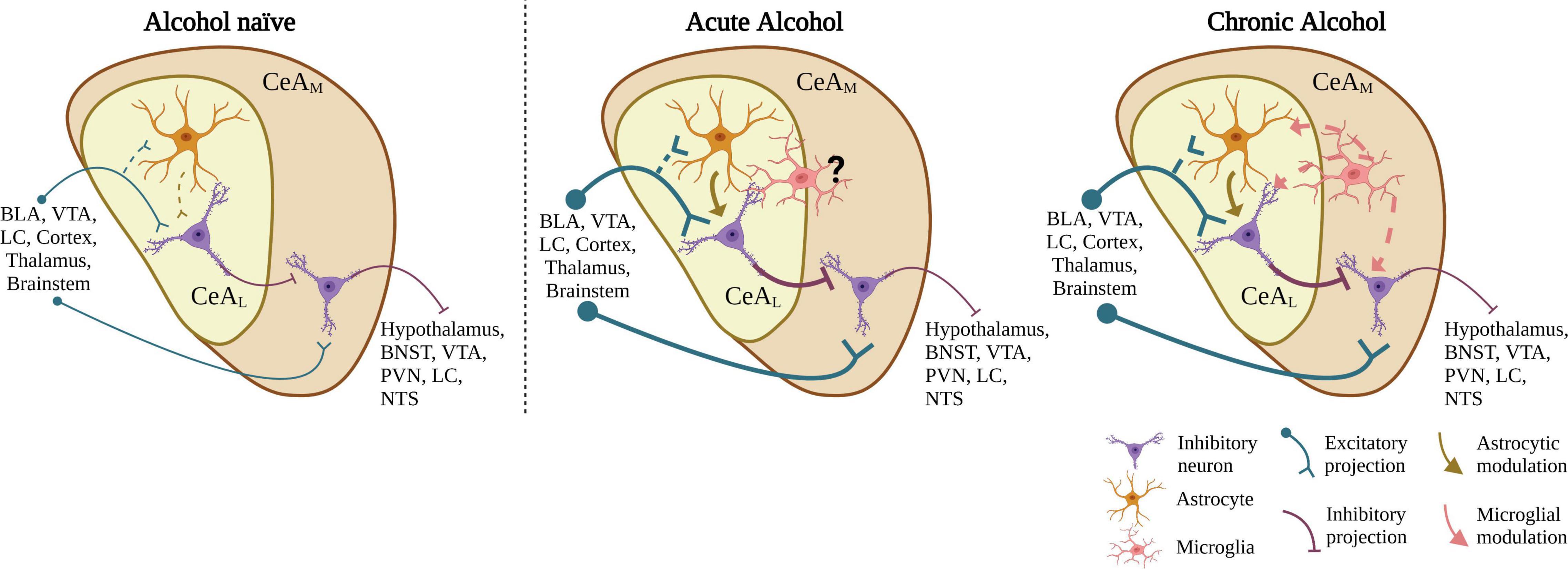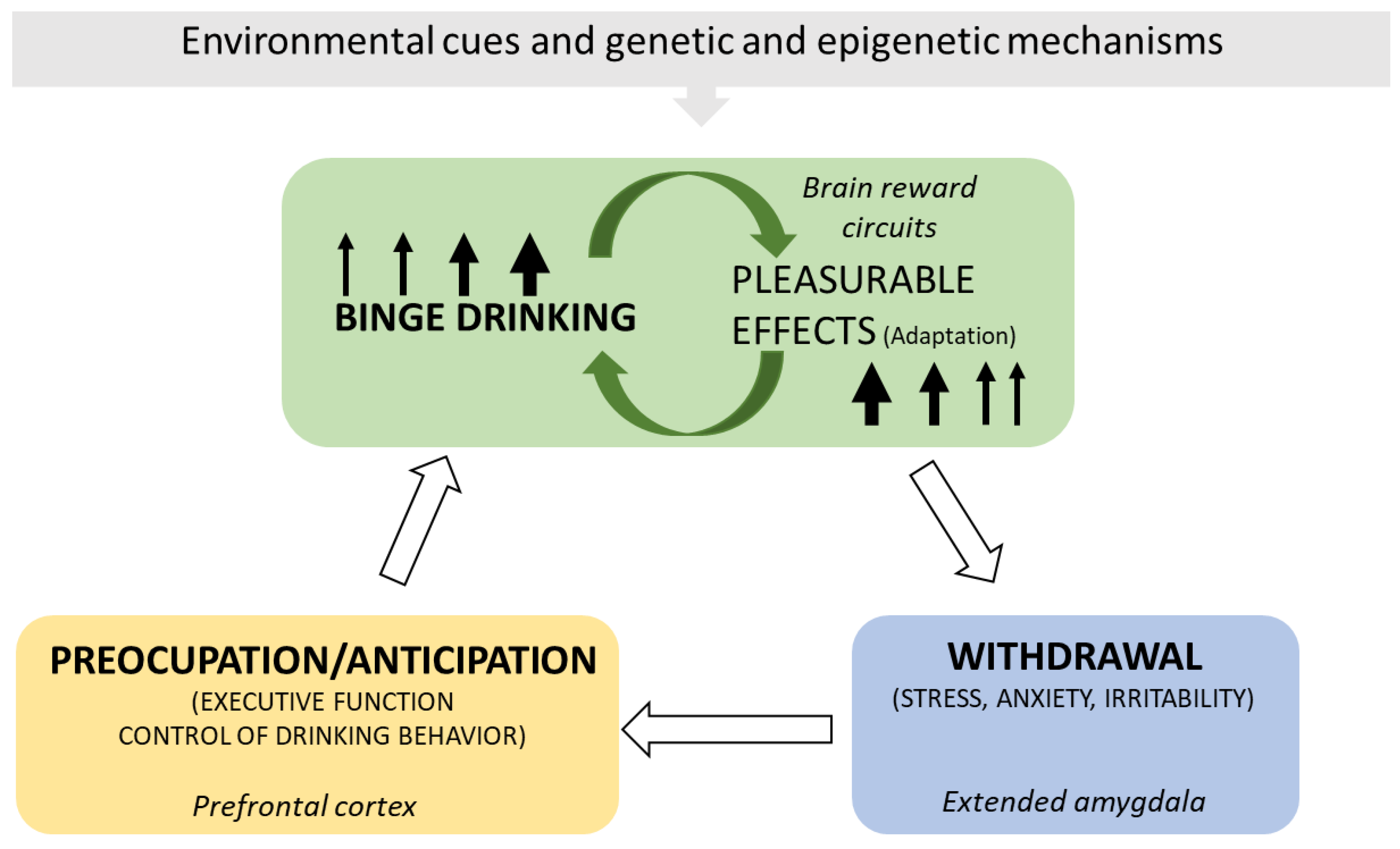
Targeting dysregulated kappa-opioid receptors reduces working memory deficits in alcohol use disorder
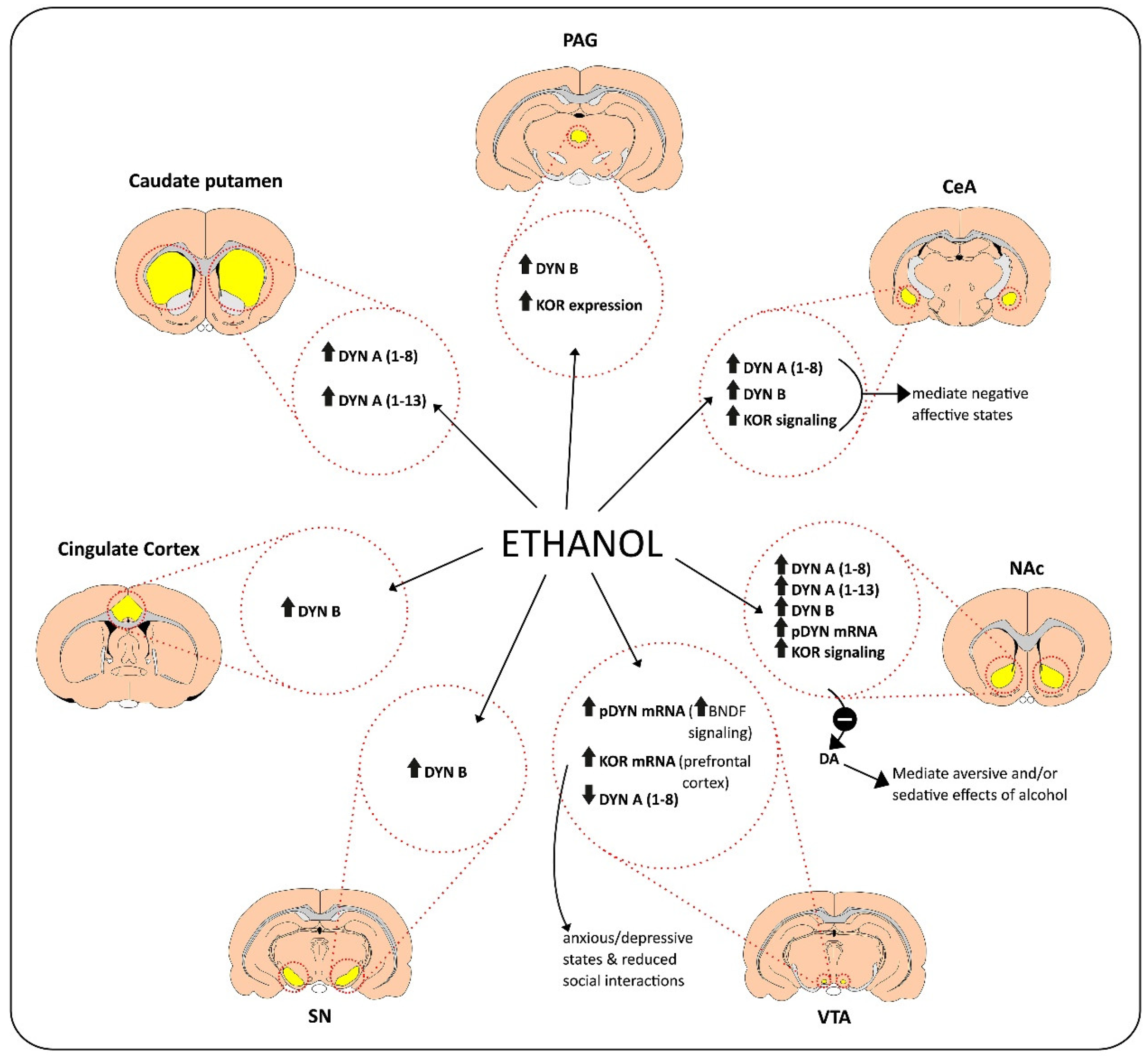
Psychoactives | Free Full-Text | The Role of the Dynorphin/Kappa Opioid Receptor System in the Actions of Alcohol

Dynorphin/Kappa Opioid Receptor Signaling in Preclinical Models of Alcohol, Drug, and Food Addiction - ScienceDirect

CERC-501 selectively suppresses escalated alcohol selfadministration. a... | Download Scientific Diagram
Greater kappa opioid receptor availability in the cingulate cortex as... | Download Scientific Diagram

The Kappa Opioid Receptor is required for some intermittent alcohol drinking induced changes in stress and threat responding in male C57BL/6J mice | bioRxiv
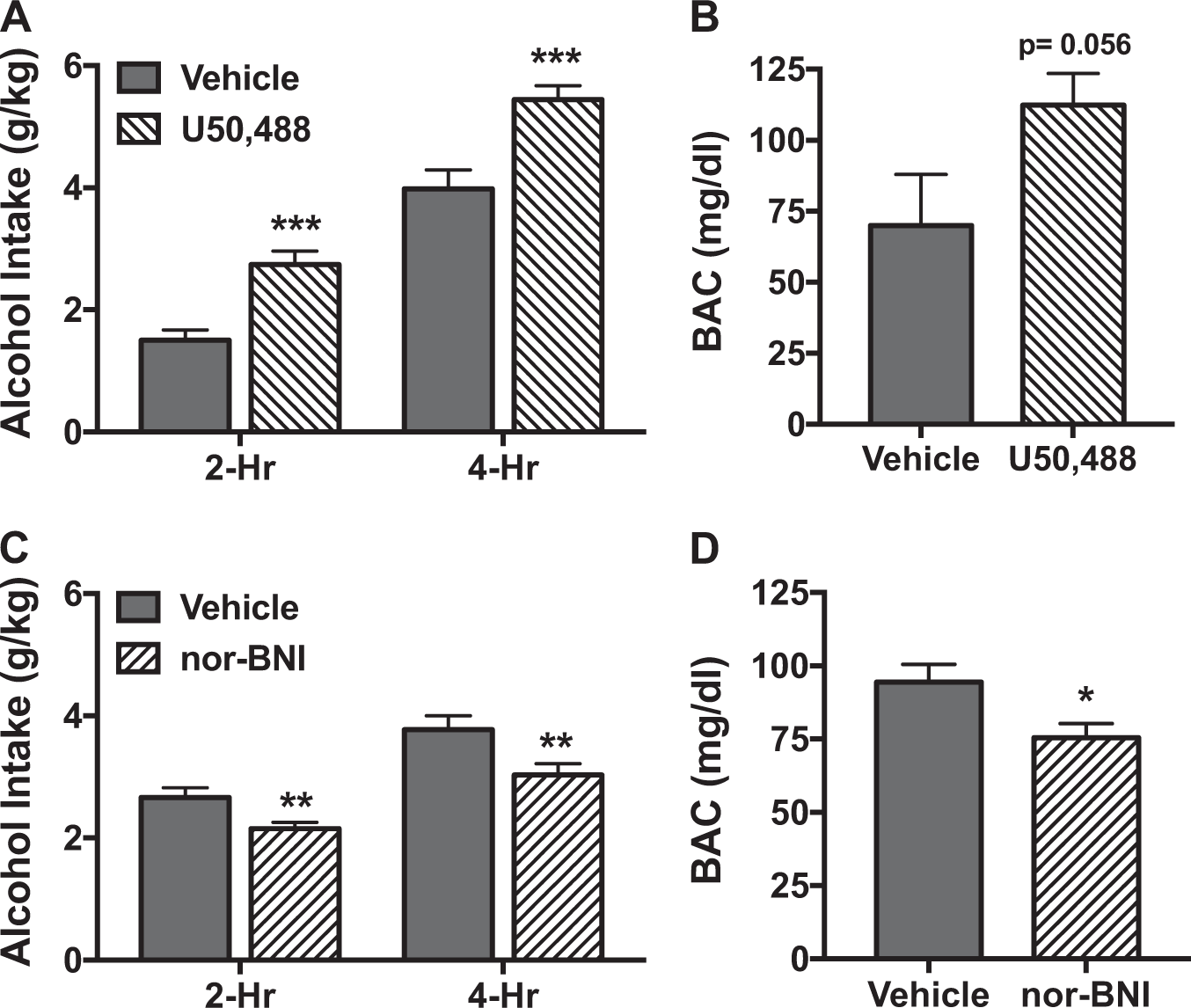
Dynorphin-kappa opioid receptor activity in the central amygdala modulates binge-like alcohol drinking in mice | Neuropsychopharmacology

Antioxidants | Free Full-Text | Fenofibrate Decreases Ethanol-Induced Neuroinflammation and Oxidative Stress and Reduces Alcohol Relapse in Rats by a PPAR-α-Dependent Mechanism
![PDF] Dynorphin/Kappa Opioid Receptor Activity Within the Extended Amygdala Contributes to Stress-Enhanced Alcohol Drinking in Mice | Semantic Scholar PDF] Dynorphin/Kappa Opioid Receptor Activity Within the Extended Amygdala Contributes to Stress-Enhanced Alcohol Drinking in Mice | Semantic Scholar](https://d3i71xaburhd42.cloudfront.net/93c0f0ac134dfdd152f0388e402359cb88c877cb/4-Figure2-1.png)
PDF] Dynorphin/Kappa Opioid Receptor Activity Within the Extended Amygdala Contributes to Stress-Enhanced Alcohol Drinking in Mice | Semantic Scholar

Sex- and β-arrestin-dependent effects of kappa opioid receptor-mediated ethanol consumption - ScienceDirect

Alcohol drinking alters stress response to predator odor via BNST kappa opioid receptor signaling in male mice | eLife

Kappa opioid receptor and dynorphin signaling in the central amygdala regulates alcohol intake | Molecular Psychiatry

Alcohol drinking alters stress response to predator odor via BNST kappa opioid receptor signaling in male mice | eLife

Kappa opioid receptor and dynorphin signaling in the central amygdala regulates alcohol intake | Molecular Psychiatry

NOP Receptor Antagonists Decrease Alcohol Drinking in the Dark in C57BL/6J Mice - Brunori - 2019 - Alcoholism: Clinical and Experimental Research - Wiley Online Library

Combination of Clinically Utilized Kappa‐Opioid Receptor Agonist Nalfurafine With Low‐Dose Naltrexone Reduces Excessive Alcohol Drinking in Male and Female Mice - Zhou - 2019 - Alcoholism: Clinical and Experimental Research - Wiley Online Library

Dynorphin/Kappa Opioid Receptor Activity Within the Extended Amygdala Contributes to Stress-Enhanced Alcohol Drinking in Mice - Biological Psychiatry
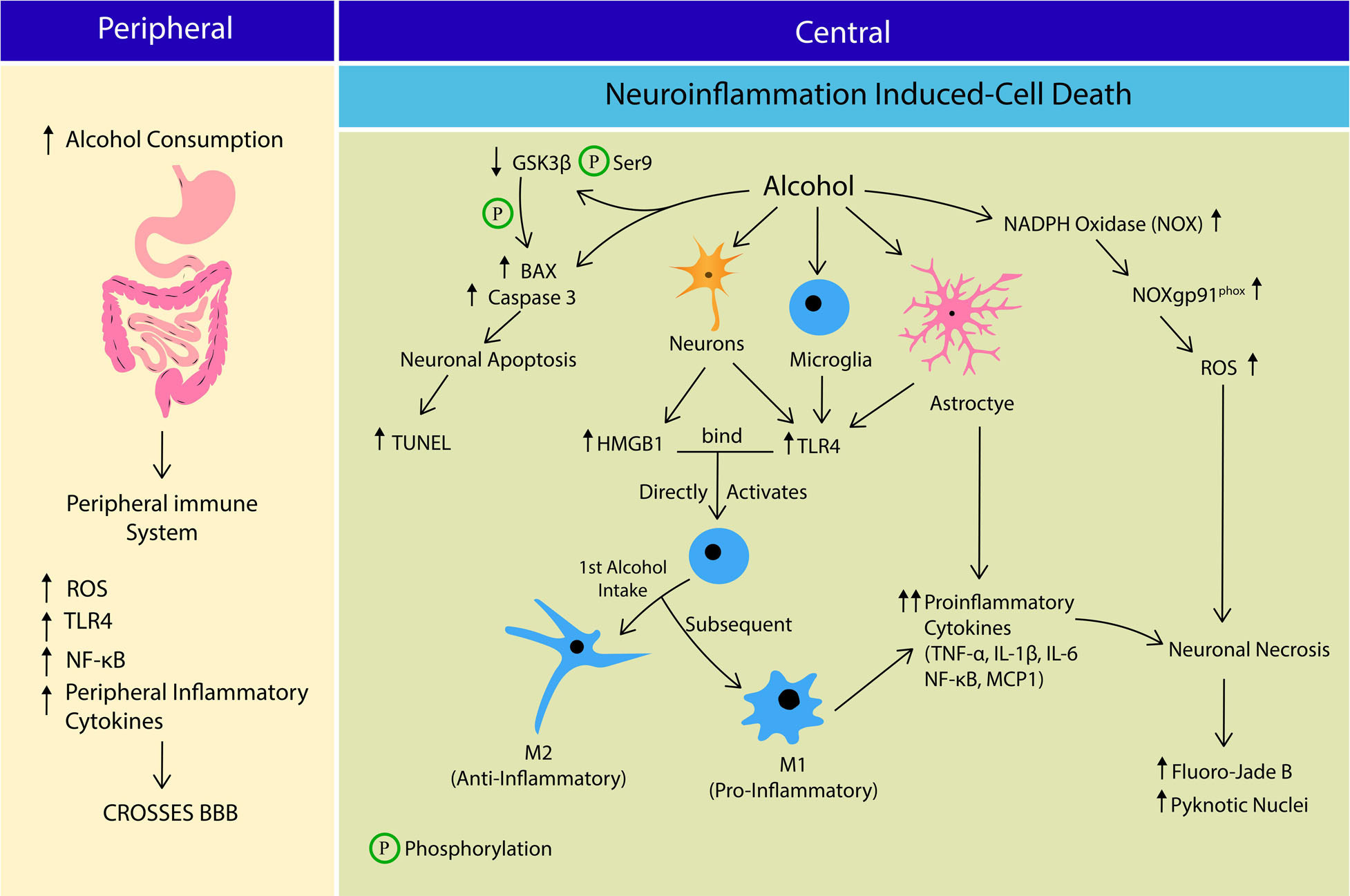
Frontiers | Alcohol Use Disorder, Neurodegeneration, Alzheimer's and Parkinson's Disease: Interplay Between Oxidative Stress, Neuroimmune Response and Excitotoxicity

